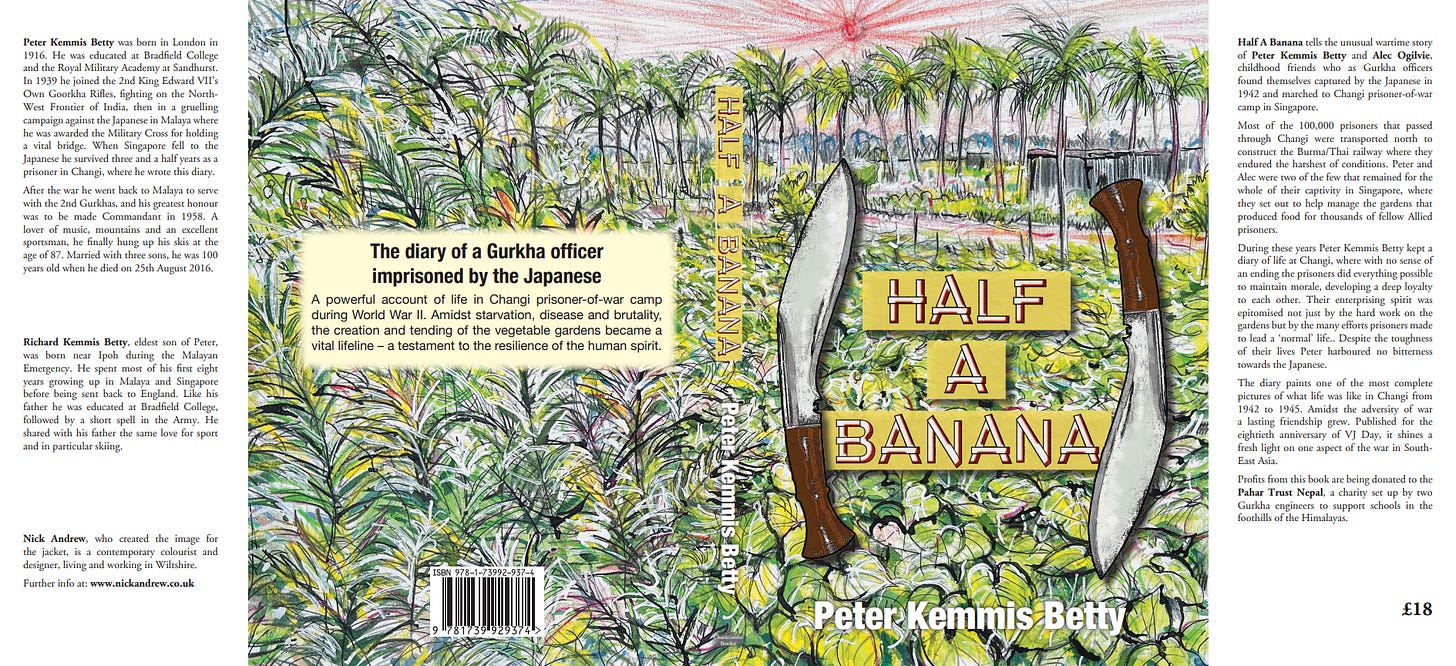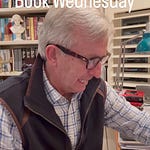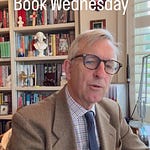There were several POW ‘experiences’ – by captured servicemen and civilian internees – at the hands of the Japanese during the Second World War. Incarceration ranged from the horrific at one end to the benign at the other, yet it tends to be the horrific that we remember, the worst of which for Allied POWs was the Burma-Thai Death Railway, the Hell Ships to Japan and Formosa and the outrageous treatment of Indian POWs as slave labour. At an even further extreme we saw the deliberate murder of POWs in events such as the Sandakan Death March. We remember the horrific because it was events like the Death Railway and the Death Marches which meant that the death rate of POWs in the hands of the Japanese reached 27%, compared to 4% with the Germans.
Many thousands of POWs – British, Dutch, American and Australian – in fact remained settled in camps on Java, Sumatra and Singapore for the duration of the war. The main camp in Singapore was at Changi, the site of the modern airport, which held about 10,000 prisoners after many thousands of others had been transported in late 1942 to Thailand to build the railway to Burma, a story brilliantly told in Richard Flanaghan’s novel and TV series The Narrow Road to the Deep North.
The Changi experience is equally brilliantly described by James Clavell in King Rat: he was a prisoner there between 1942 and 1945. He recalled an imprisonment not of deliberate brutality but one in which the Japanese were overwhelmed by the administrative demands of looking after so many prisoners, of hunger, a lack of medicine and of medical care, and a lack of connection with the world and news that made the secret radios in the camp such a lifeline to hope.
A new self-published book has been sent to me by Richard Kemmis Betty, the son of Richard Kemmis Betty, a Gurkha officer who was imprisoned in Changi during the war. Peter wrote a memoir after the war, based on his diary, but its only recently been published. Half a Banana is superb, and wonderfully complements King Rat. All profits go to the Pahar Trust, Nepal. I can unreservedly recommend it.










